Region

New Direction for the Energy Sector After the 2026 Bangladesh Elections
Bangladesh is at a crossroads, and the direction it will choose will greatly influence the future of its energy sector, economy and population's well-being. What’s known is that the new government should prioritise leaving energy poverty and insecurity behind, and, with that, fossil fuels as well.

2026 Thailand elections: Climate and Energy Take a Back Seat
Analysts don't expect the winning party to prioritise climate and the energy transition as standalone items in its political agenda, but instead consider them enablers for economic growth. Regardless of the approach, Thailand needs to phase out fossil fuels and accelerate renewables deployment to boost energy security, alleviate air pollution and ensure massive cost cuts.
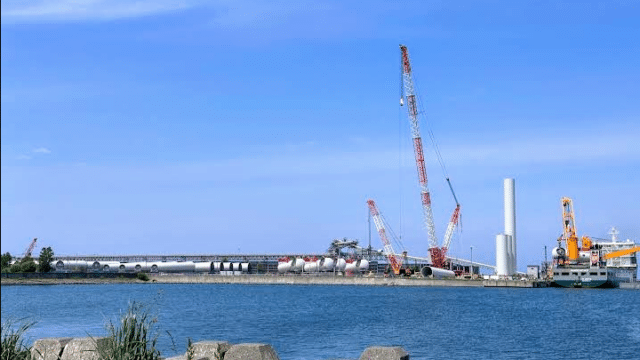
Japan’s Offshore Wind Plans Find Hope
Japan’s offshore wind ambitions face a costly, slow rollout, with only about 253 MW online and Mitsubishi withdrawing from the 1.76 GW Akita and Chiba projects slated for between 2028 and 2030. Analysts warn that without stronger policy support, clearer offtake and improved grid and supply-chain frameworks, the 2030 target of 10 GW and 2040 target of 45 GW look increasingly out of reach.
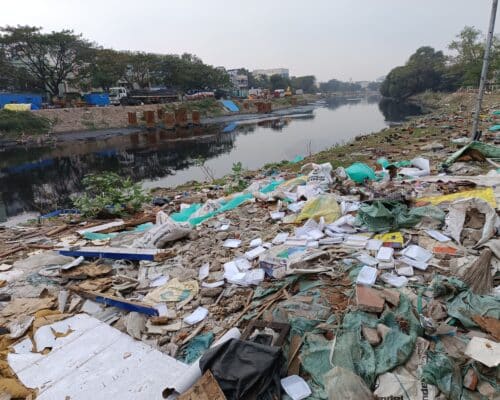
The Most Polluted River in India Is Not the Ganga or Yamuna
India’s river pollution crisis has a new face: the Cooum in Chennai, now considered the country’s most polluted waterway. Across 46% of India’s rivers, contamination from untreated sewage, industrial discharges and waste is threatening public health, livelihoods and ecosystems, with major stretches, such as the Yamuna and Sabarmati, illustrating the depth of the challenge. The drivers, impacts and the urgent policy gaps must be addressed to reverse decades of neglect.

Water Pollution in India and Its Toll on Rivers and People
Water pollution in India remains an urgent crisis, threatening public health, ecosystems and the economy despite ongoing cleanup efforts. With 40% of monitored river stretches failing to meet basic water-quality norms and groundwater contamination on the rise, urgent, coordinated action is needed to safeguard the country’s scarce freshwater resources.
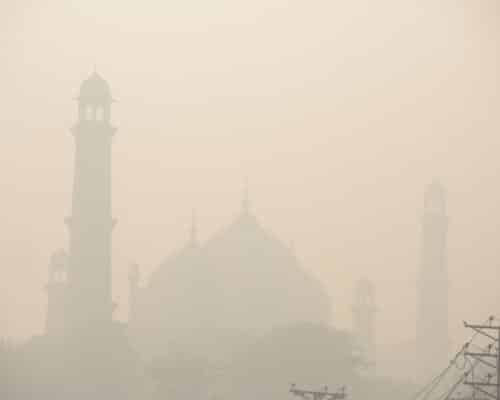
Why Smog in Pakistan Is Worse Than Ever in 2025
Pakistan is gripped by a year-round smog emergency, with PM2.5 levels far exceeding WHO guidelines and cities like Lahore among the world's most polluted. The crisis stems from a combination of industrial emissions, unregulated brick kilns, vehicle exhausts and seasonal crop burning, all of which are compounded by cross-border pollution and ageing infrastructure. Urgent, system-wide action — accelerating the adoption of renewables, reducing emissions from transport, and strengthening regulations — is needed to safeguard public health and restore the country’s air quality.
Singapore’s 2025 Election Sets Stage for Renewable Energy Strategy
Singapore's recent general election propelled the ruling party's renewable energy mandate and set the stage for the city-state's sustainable future. However, obstacles remain, including a limited landmass for solar and wind power projects, an overreliance on natural gas in the power sector and coordinating and managing renewable energy imports from its neighbours in the region.

Smog in India: A Nation Struggling to Breathe
India’s air quality crisis has reached crisis levels, with PM 2.5 concentrations far above WHO guidelines and city skies routinely choked by smog from biomass burning, vehicle emissions, industry and crop burning. Short-term fixes like cloud seeding and emergency measures mask deeper, systemic failures. Lasting improvement requires stronger emissions controls, sustained policy action and equitable access to clean air.

Gas Turbine Shortage in Vietnam and the Philippines
Experts note that delays, exacerbated by global gas turbine shortages, and regulatory and bankability challenges are giving clear market signals to move away from gas projects and scale up renewables and battery storage deployments instead.
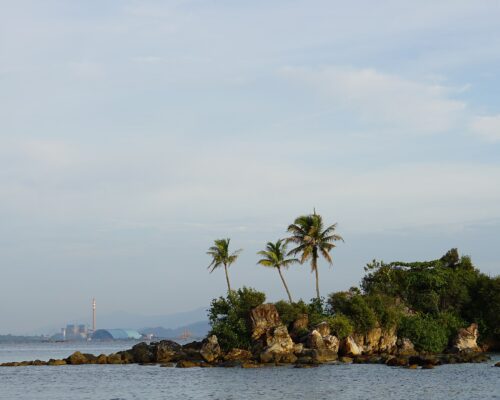
Domestic Banks Are Propping Up Indonesian Coal Despite Climate Risks
Despite global financiers halting support for coal power, Indonesia's major domestic banks are filling the void by funnelling billions into new coal projects. This continued investment risks locking in decades of pollution, making the country's climate goals impossible to achieve and hindering the uptake of cleaner energy alternatives.
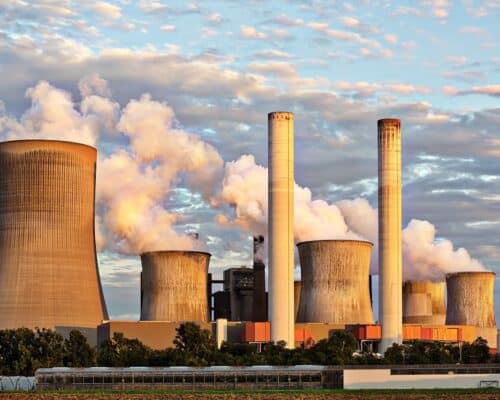
China’s 2035 NDC: Emissions to Drop 7-10%, Analysts Concerned
There are targets, and then there’s reality, and China’s 2035 NDC perfectly embodies this. While the targets are weak, it is hard to imagine that they weren’t set on purpose, just to be broken afterwards — a habit China has demonstrated over the years.
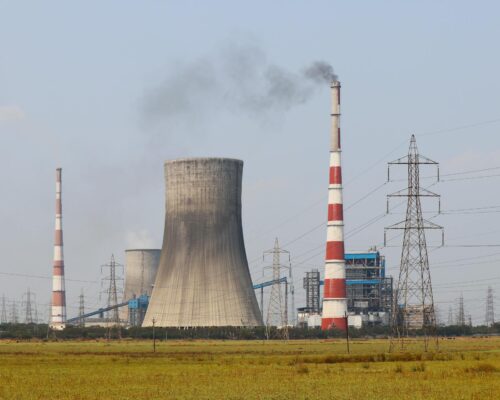
CREA: Indonesia’s RUPTL Plan Puts Fossil Fuels First, Renewable Energy Later
According to CREA, Indonesia’s RUPTL 2025-2034 reveals major discontent between the ambitious climate pledges and public commitments of the country’s leadership and the real plans, which see a projected growth and a pivotal role for fossil fuels.

The 2025 APEC Meeting: Opportunity For South Korea to Step Up
The sluggish global emissions reduction progress and the worsening climate emergency necessitate all hands on deck. South Korea, which has historically been among the biggest climate laggards, can change course and help lead Asia towards a cleaner and more sustainable future.
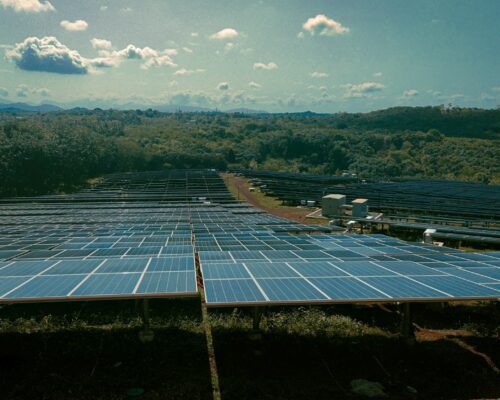
China’s Green Manufacturing Industry Brings Massive Investments to 54 Countries
A new database reveals that a rapid acceleration in overseas investment by Chinese green technology manufacturers is reshaping the global clean-tech landscape and bringing economic benefits to over 50 countries worldwide, with ASEAN attracting the most capital.
Most Popular
Categories
-
10
-
35
-
126
-
4
-
17
-
46
-
52
-
11
-
10
-
15
-
24
-
6
-
1
-
5
-
6
-
285
-
200
-
17
-
24
-
1
-
1
-
23
-
41
-
44
-
88
-
18
-
86
-
41
-
17
-
11
-
43
-
54
-
86
-
299
-
22
-
44
-
36
-
11
-
42
-
36

